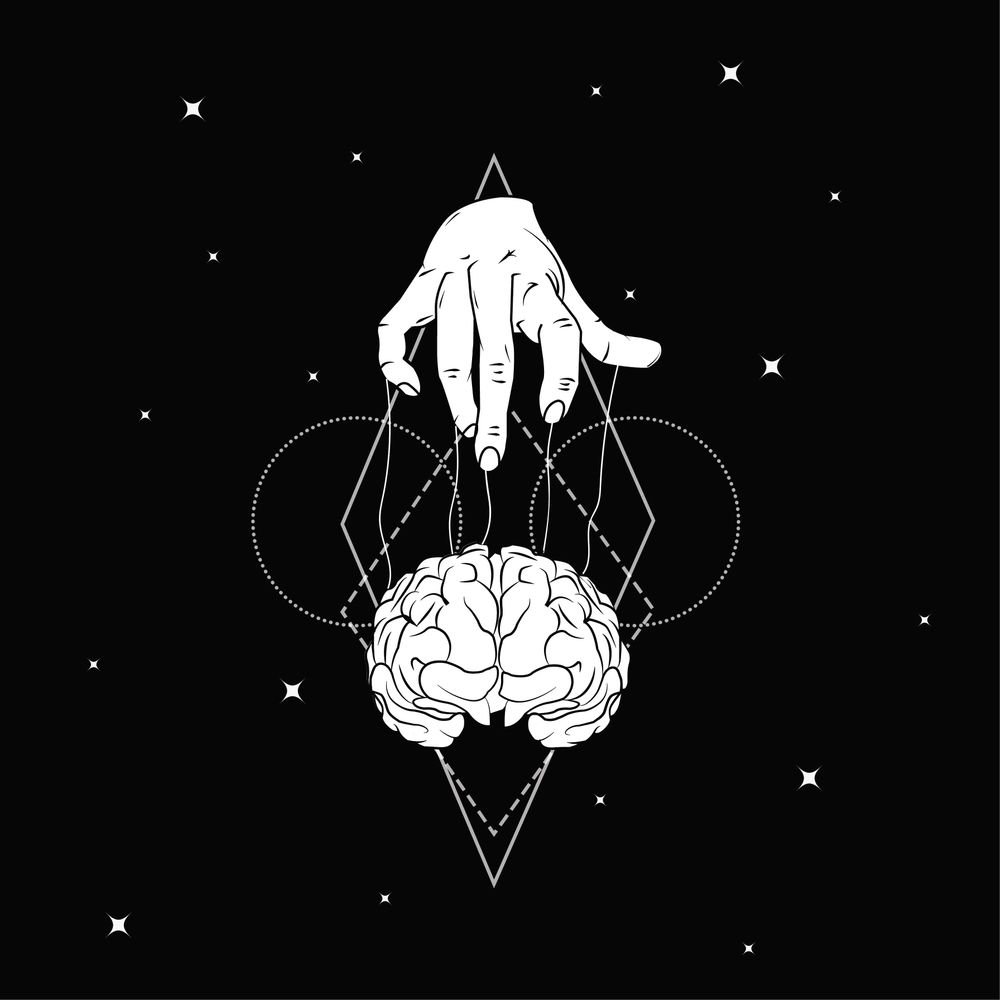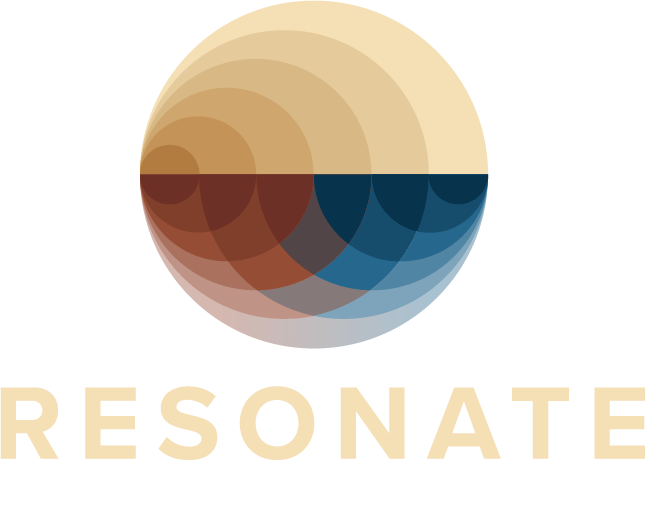
Even though we may not be able to control all of our life circumstances, we as humans have an innate ability to control how we react and work with them. This is ultimately how our fate and free will intertwine with one another.
In “How Your Need to Control Really Controls You” we examined how you may attempt to overcontrol as a compensation for your underlying fears and insecurities. In this article, we will explore how you may be permitting external forces to control you, your perception of reality and ultimately your life experience.
One of the most critical elements along the path of self-discovery and healing is realizing how your perception of yourself and the world around you is ultimately created. What narrative runs through your mind about who you are? What story is the world telling you about what is true and what isn’t? Furthermore, how attached to this rendering of truth are you? Can you handle a dismantling of it?
The origin of the shaping of your perceptions begins when you are in the womb. The mood, movement and molecules of your mother all influence your development. If she is under a lot of stress, sedentary and/or carrying a toxic load this will be translated to the developing baby. The nature of your birth and whether or not you were breastfed also can have a profound effect on who you become. For example, not being breastfed not only deprives you of the essential nutritional source perfectly designed for you as an infant but it also takes away a critical sensory motor experience for your orofacial development. Furthermore, it lays the foundation for your emotional relationship with food. For example, we often see individuals who were not breastfed have issues with dairy and crave it because they were never given the right type of milk they needed as an infant.
Your early childhood experiences and relationships with your parents are enormously influential on how you perceive yourself and your environment. The critical lessons you learn in these years is how safe or not safe you are as well as your value as a human. Adverse and abusive situations drastically detract from these essential foundations. Furthermore, these patterns set in your infancy and childhood will repeat themselves throughout your adolescence and adulthood until you make the choice to unlearn them and lay new ones down.
In addition to how your immediate relationships with your family, friends, mentors and teachers growing up influence your sense of self-esteem and security they also shape your values and perspectives on how the world operates. The religion, political views and morals that surround you are typically what you initially adopt as truth. For example, compare the difference in perception of how the world operates for someone who grew up in a culture where it is expected that women completely cover their bodies and are not given the same rights and opportunities as men vs a society where women have complete freedom and choice in self-expression and opportunities.
Therefore, your foundational relationships and experiences shape your perception of yourself and the world around you. This narrative has significant control over the decisions you make and the actions you take. While your experiences have the potential to lay a solid foundation for your sense of self and relationship to the world they also can create bias and distortions within your reality and your locus of control. Therefore, it is the story (both conscious and unconscious) you have created about yourself and your environment from the time you were in the womb until now that ultimately controls you. And who gets to make the choice as to whether or not you want to change that story? You do.
Reflect on the following without judgment and as an unbiased witness. How might your past experiences have shaped and influenced them? How do they continue to exert control and bias over you?
- Your inherent sense of safety and security.
- Do you have an anxious nature?
- Do you worry about your livelihood?
- Do you feel like you never have enough?
- Are you able to ever really relax?
- Do you experience peace and calmness?
- Do you trust that everything is ok and as it should be?
- Who or what has control over your safety and security?
- How does your ultimate perception of your degree of safety and security control your choices and behaviors?
- Your self-esteem, identity and worthiness-How does your perception of your inherent value and self-worth influence your choices and actions?
- Do you know who you are?
- Are you easily influenced to make decisions that don’t really feel aligned with you or ultimately aren’t in your best interest?
- Do you have trouble maintaining healthy boundaries in relationships?
- Do you know how to appropriately balance your needs with those you love and care about?
- Are you able to comfortably and confidently voice your opinion even when it may contrast to what is around you?
- Do you tend to conform vs reform?
- Who or what has power and control over you? To what degree do you allow this?
- How does your ultimate perception of your sense of self-worth control your choices and behaviors?
- Your values and morals
- What values or morals do you perceive as “good” vs “bad.”
- How attached are you to them?
- Do you negatively judge others who do not share your values or morals?
- How do your values and morals ultimately control your choices and behaviors?
- Your country’s values and morals
- How might your country’s policies and laws be influenced by money and power vs be in the best interest for the greater good?
- How does your exposure to the news and social media shape your perception of truth vs lies? Do you tend to watch only one perspective or do you allow yourself to be exposed to different opinions?
- Consider current polarizing political issues and try to nonjudgmentally observe the perspective of each side. What are the underlying beliefs and perceptions of each party that drive their position? Consider their innate sense of safety, security and self-esteem and how this might be influencing their attitudes.
- How does your underlying perception of your safety and self-esteem influence your political views?
If you found it difficult to get through the above self-reflection exercises without judgment or being triggered then it is highly suggested you check-out this article and self-reflection exercise, “Working with Triggers” or “Projecting Judgment”(insert link) to help you be able to witness from a more neutral position.

